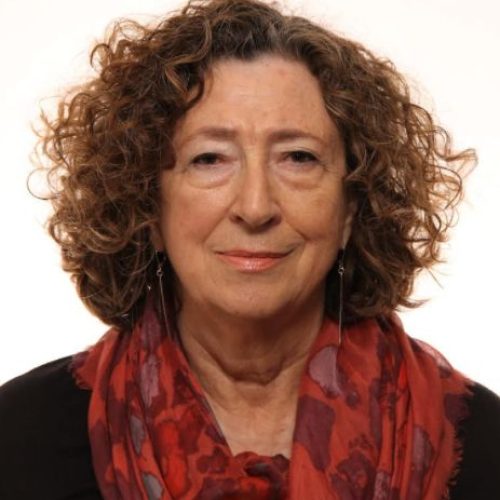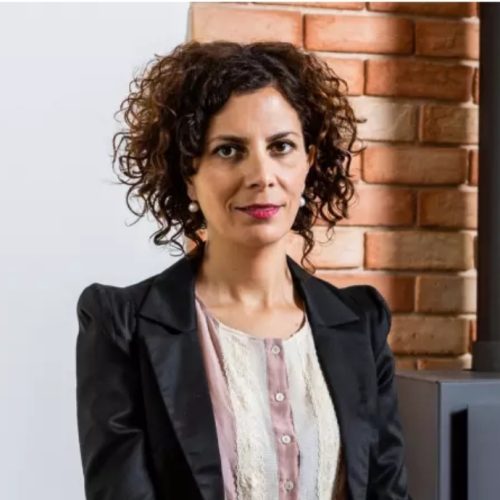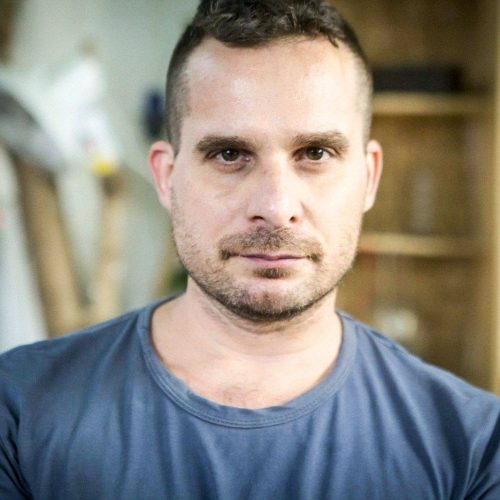>> Click here to read the full policy paper
This policy paper of the Zulat Institute, co-authored with Physicians for Human Rights (PHR), is a continuation of the policy paper titled The Right to Vaccination: Dealing with the Violation of the Right to Vaccines published in January 2021. In view of the vaccination campaign in Israel, which started out with extraordinary demand for a vaccine and has now run into “vaccine hesitancy,” we would like to discuss the principles by which this phenomenon should be dealt with from a human and social rights perspective. Our examination of the methods used so far to address vaccine hesitancy has yielded practical recommendations for decision-makers.
Making entry into businesses or public places contingent upon the presentation of a “green pass” showing that a person has been vaccinated or recovered from Covid-19, creates tension between the rights of the individual and the public interest and is problematic as a means of promoting vaccine compliance, though required in light of the benefits for reopening the economy amid a pandemic.
However, Zulat and PHR would like to caution against the slippery slope of expanding existing legislation to allow such conditionality even after the pandemic, in order to motivate a high compliance rate to vaccination against the coronavirus or other infectious diseases. To this end, our expert team recommends advancing legislation that regulates all vaccination policy in Israel, including the allocation of resources and manpower for advocacy efforts, computerization, and accessibility of vaccines to underprivileged populations.
The Zulat-PHR expert team recommends advancing legislation that regulates all vaccination policy in Israel, including the allocation of resources and manpower for advocacy efforts, computer infrastructure, and accessibility of vaccines to underprivileged population groups.
This paper presents a variety of policy recommendations that touch on 4 main issues: commitment to the common good, building trust, commitment to social justice (equitable access to vaccines), and protection of individual rights.





